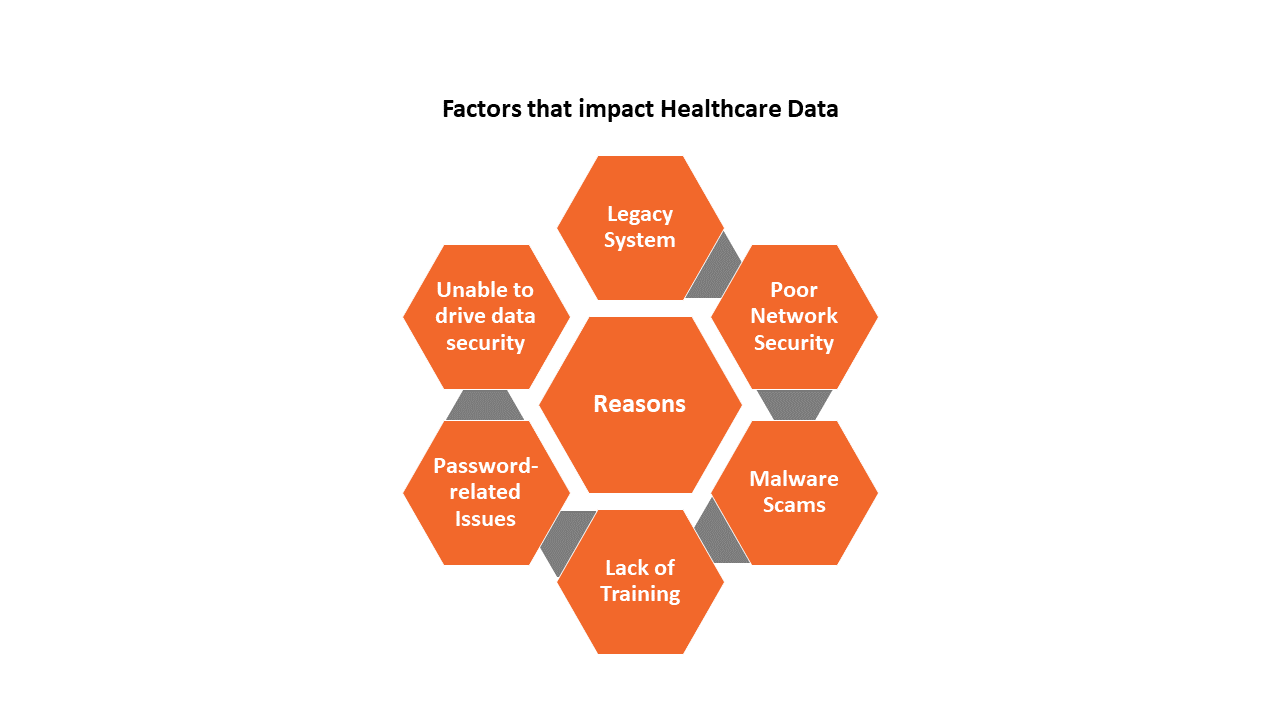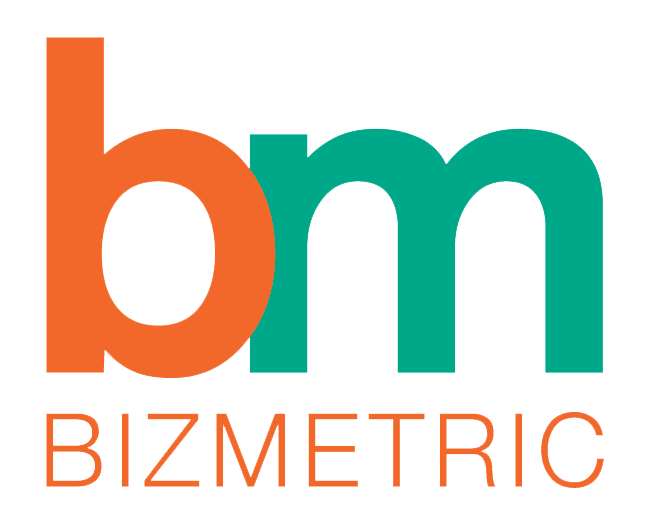A microscopic view
The US Healthcare Industry holds strong yet unseen ties with the market-disrupting technologies. Management and deployment of the patient’s data for value-added outcomes depend on how agile the organizational infrastructure is. With the myriad of applications running in the industry, the chances of data theft are high. Using the off-track solutions as competitive weapons is not at all an act of wisdom. Rising data challenges made the industry focus on the centerpiece of the strategy, focus, and investment. Having analyzed the ongoing situation, the solution that would transit from siloed to cross-functional culture would help keep things ahead of the curve.
AI, with its holistic approach, provides the platform to implement analytics-driven strategies at an enterprise scale. Let us understand the roadmap adopted by top-notch industry players to mitigate the most pressing data challenges of the present time.
How does AI shield organizations against uncontrolled data security challenges?
- Identifying potential threats with ML-enabled predictive algorithms
The US healthcare sector faces malicious threats at a fleet-footed pace. Every new threat comes with a unique digital footprint, making it difficult for the IT security personnel to prevent them before its actual occurrence. The report says that US hospitals are losing almost $5 million per day due to the increasing nuances of the data breaches.
However, as time rolled, new intelligent & combative technologies came into the picture. One such solution named Machine Learning has taken the tech-edged space with all its might. It searches the previously occurred malware signatures and tries to draw patterns using the historical data. Though HIPAA regulations strictly keep the medical data secured, accessing these records becomes difficult at times. But the integrated solution of AI & ML has enabled the data security team to mark out the previously occurred invisible threats by doing a rigorous analysis of the available data sets.
- Responding to behavioral indicators for an immediate quick fix
AI and its out-of-the-box behavioral monitoring feature have become the talk of the show amongst healthcare players. The automated AI solution differentiates the data based on certain compliances and helps prevent the malware from spreading across the large gamut of the healthcare network. AI successfully analyzes the deviation that occurs in the behavior of the healthcare network due to data breaches. Once the anomalies get detected, the network administrator takes proper autonomous actions against the suspicious intruders. AI and ML play a fundamental role in leveraging human oversight capabilities by upgrading the existing security features of the system.
- Keeping automated medical devices under high alert & supervision
Talking of the US alone, nearly 4 million connected healthcare devices are operating in the hospitals. Precisely speaking, almost 15 devices, such as pacemakers, CT Scanners, MRI machines, insulin pumps, and defibrillators, etc., serve a single bed. These automated devices generate trillions of data, which in turn make them most vulnerable to cyber-attacks. They are more likely to get exposed to the situation where a single loophole in the security front might put up entire patient’s record at risk.
As for safety measures, AI and its automated data encryption capabilities monitor the malware and rule out the potential threats before they encroach upon the network or the system. Lately, the US healthcare system has understood the untapped potential of AI and has deployed the solution in all forms to protect their precious data. The integration of AI-enabled solutions with connected devices has rendered sound data protection at the ground level.
- Bridging the gap between human and security shortages
IT professionals play a pivotal role in deciding the fate of the security functionalities. At the same time, shortages of the best-fit talents contribute to a safety roadblock. More than 40% of the healthcare experts claim that a lack of the trained professionals often leads to project delays. Making the dedicated professionals available for any task as and when required is not always easy. Here, the role of technology comes into the picture where it actively fills the gap created due to talent shortages.
Advanced Analytics and Artificial Intelligence have much to offer when it comes to achieving tech-enabled business expertise. The explosion of the massive datasets has challenged US healthcare in many ways. Processing these data and boiling them into a crisp and interactive report has put the data security team in a state of dilemma. The healthcare industry has all answers for the ‘why, but they still lacked the answer for ‘how.’ AI has made life easier for them by simplifying the routine security assessment process. Today, security experts do not get trapped in the false positives of data breaches. The AI-enabled recommendation system accelerates the data processing and considers only those use-cases that require the professional’s attention.
Automating the administration and cost management processes
Integration of AI & Robotic Process Automation has transformed the conventional hospital management solution into a dedicated and real-time system. The patterned processing of the data has simplified the patient record analysis and insurance claim activities. With the manual-intensive tasks going outdated, the engagement of the skilled professionals into some other projects that depend solely on human intervention has become the new normal.
AI has redefined medical services and will continue to deliver unmatched business results in the coming years. AI has won the confidence of the healthcare players. They are more inclined towards investing in AI rather than other technologies. The deployment of AI & ML-based solutions will impart technological excellence and help enterprises rule out the unseen and unavoidable expenses. As per the research study, the methodological implementation of AI will help the US healthcare sector save $150 billion of cost by 2026.

Is AI the future?
The technological revolution has made AI the cornerstone for the healthcare industry. The fusion of cognition, algorithm, and proper processing help drive semantically consistent results. In an era where data looks so narrow in front of Big Data, arriving at an insightful decision by playing with these large sets and bundles itself creates a challenge. Moving forward with the legacy system and expecting an end-to-end streamlined workflow is like living in the fool’s paradise. So, the answer is, you need AI. Only disruptive technologies can render superlative digital transformation. AI holds the capability to cater to all the complex needs of the healthcare sector. Well, AI has already delivered out-of-the-box service right from day one of its implementations. Leveraged accuracy in the treatment, reduced workloads, unparalleled protection measures against cyberattacks, and higher employee-cum-customer engagement are some of the returns one can enjoy with AI. Undoubtedly, the journey to digital excellence is rigorous, but AI will make things fall into their place. AI will continue to be the primary source of value generation.








